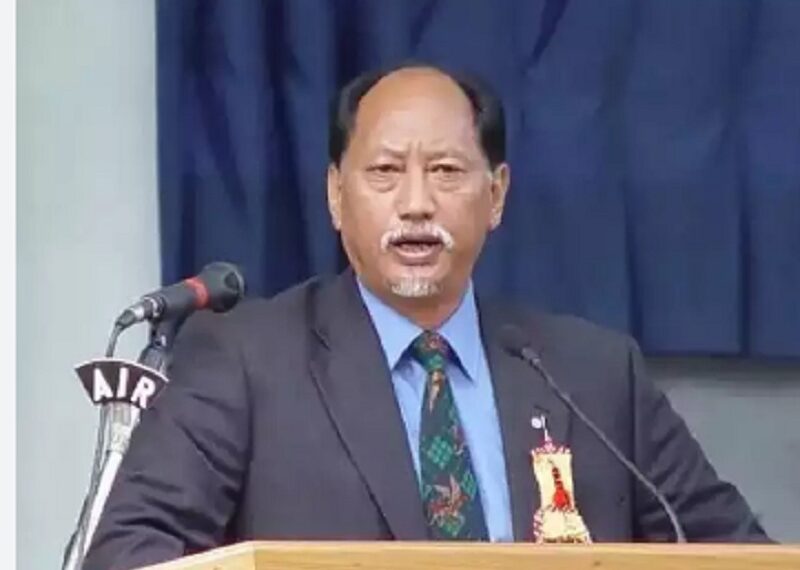Kohima: In a move to elevate its cultural presence and attract investment in the creative sector, the Government of Nagaland has formally notified the Nagaland Film Policy 2024.
The policy, announced earlier this month, is aimed at transforming the state into a vibrant hub for filmmaking and cinematic tourism while promoting local talent and employment opportunities.
According to a senior government official, the newly introduced policy seeks to provide a comprehensive framework for the development of a film industry within Nagaland, drawing upon its unique cultural identity, scenic landscapes, and rich tribal heritage.
The policy also aligns with the Cinematograph Act, 1952, positioning cinema as a powerful medium for cultural expression, historical preservation, and socio-political discourse.
The policy envisions the creation of a supportive ecosystem for both local and external filmmakers, with an emphasis on making filmmaking a viable and entrepreneurial profession in the state.
It underscores the importance of promoting Nagaland’s distinct heritage to national and international audiences through cinema, while also boosting tourism by showcasing the state as a prime destination for film shoots.
Efforts under the policy will focus on creating an investor-friendly and film-friendly environment through simplified administrative processes, including single-window clearances for filming permissions.
Infrastructure development is also a key component, with the government aiming to support the establishment of film studios, post-production facilities, animation labs, and miniplexes, particularly in underserved rural and semi-urban areas.
The policy outlines the state’s ambition to establish dedicated film and television training institutes to foster skill development among the youth.
It also includes plans to host film festivals, facilitate archival of local films, and implement strict anti-piracy measures to protect creative content.
Security assurances for film crews and production teams have also been incorporated to make the state a safe filming destination.
ALSO READ: Mizoram Class 10 board results out: 76.68% pass, boys outperform girls again
Officials emphasised that the film policy complements ongoing cultural initiatives such as the Hornbill Festival, Nagaland’s flagship cultural event.
Held annually from December 1 to 10, the festival showcases the traditions of the state’s 16 indigenous tribes through a vibrant display of music, dance, crafts, and cuisine.
Last year, the Hornbill Festival attracted over 2,500 foreign tourists, more than 56,000 domestic visitors, and nearly 1.5 lakh local attendees, underlining its growing appeal and potential as a cinematic setting.















